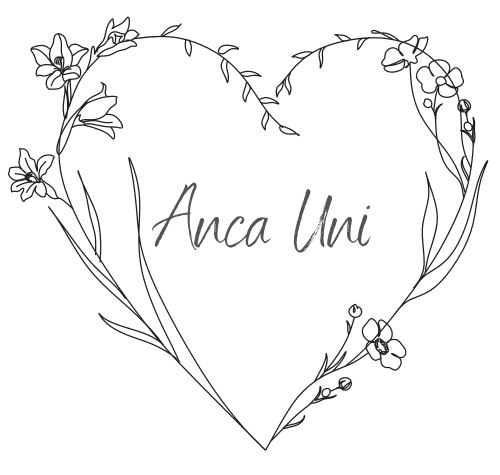
Ho’oponopono is a powerful and ancient Hawaiian practice that has been used for generations to heal relationships, resolve conflicts, and promote personal growth and transformation.
The practice has gained popularity in recent years as a self-help tool and personal development technique, and has been adapted to meet the needs of modern life.
The essence of Ho’oponopono is the belief that we are responsible for everything that happens in our lives, and that we can heal ourselves and our relationships by taking responsibility for our own thoughts and actions.
The practice involves a process of reconciliation and forgiveness, in which individuals come together to address and resolve conflicts, and to restore harmony in their relationships.
The practice of Ho’oponopono involves four key phrases or mantras: “I’m sorry,” “Please forgive me,” “Thank you,” and “I love you.”
These phrases are repeated as a form of meditation or prayer, with the intention of healing oneself and others.
By saying “I’m sorry” and “Please forgive me,” we acknowledge our role in any conflict or problem, and ask for forgiveness.
By saying “Thank you,” we express gratitude for the opportunity to learn and grow from our experiences.
And by saying “I love you,” we affirm our connection and compassion for ourselves and others.
Ho’oponopono can be used in a variety of ways to promote healing and transformation.
It can be used to heal relationships between family members, friends, coworkers, or romantic partners.
It can also be used to address personal issues such as anxiety, depression, and addiction, by taking responsibility for our own thoughts and actions, and expressing gratitude and compassion for ourselves and others.
The practice of Ho’oponopono has been shown to have a number of benefits for those who use it regularly.
It can help to reduce stress and anxiety, promote a sense of inner peace and calm, and improve overall mental and emotional well-being. It can also improve communication and promote more positive interactions between people, leading to healthier and more fulfilling relationships.
In conclusion, Ho’oponopono is a powerful and ancient practice that can be used to promote healing, growth, and transformation in our lives. By taking responsibility for our own thoughts and actions, and expressing gratitude and compassion for ourselves and others, we can create positive change in our lives and the lives of those around us.
Whether we use it to heal our relationships, address personal issues, or simply to promote greater inner peace and well-being, the practice of Ho’oponopono can have a profound and lasting impact on our lives.
How to practice Ho’oponopono
The practice of Ho’oponopono involves four key phrases or mantras: “I’m sorry,” “Please forgive me,” “Thank you,” and “I love you.” Here are some steps to practice Ho’oponopono:
1. Take responsibility for your thoughts and actions. Recognize that you are responsible for everything that happens in your life, and that your thoughts and actions have a direct impact on your experiences.
2. Choose a situation or relationship that you want to address. It could be a conflict with a friend or family member, a personal issue you are struggling with, or simply a desire to improve your overall well-being.
3. Say the four key phrases or mantras. Repeat the phrases in your mind or out loud, with the intention of healing yourself and others. The phrases can be repeated in any order that feels comfortable to you.
4. Focus on the feelings behind the phrases. As you say each phrase, try to connect with the emotions and feelings that are behind them. For example, when saying “I’m sorry,” try to connect with feelings of regret or remorse. When saying “Thank you,” focus on feelings of gratitude and appreciation.
Repeat the practice regularly. The more you practice Ho’oponopono, the more effective it can be. Set aside time each day to repeat the phrases and focus on your intentions.
Remember, the practice of Ho’oponopono is about taking responsibility for your own thoughts and actions, and expressing gratitude and compassion for yourself and others.
By practicing this technique regularly, you can promote healing and transformation in your life and relationships.
